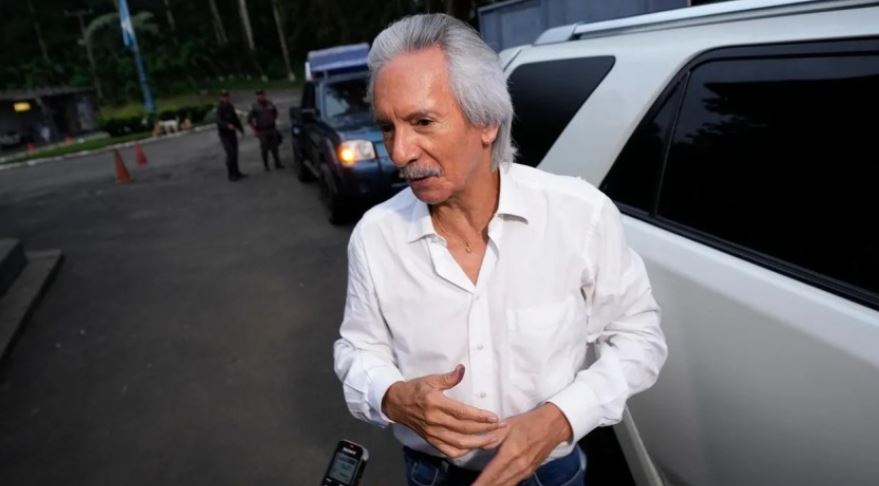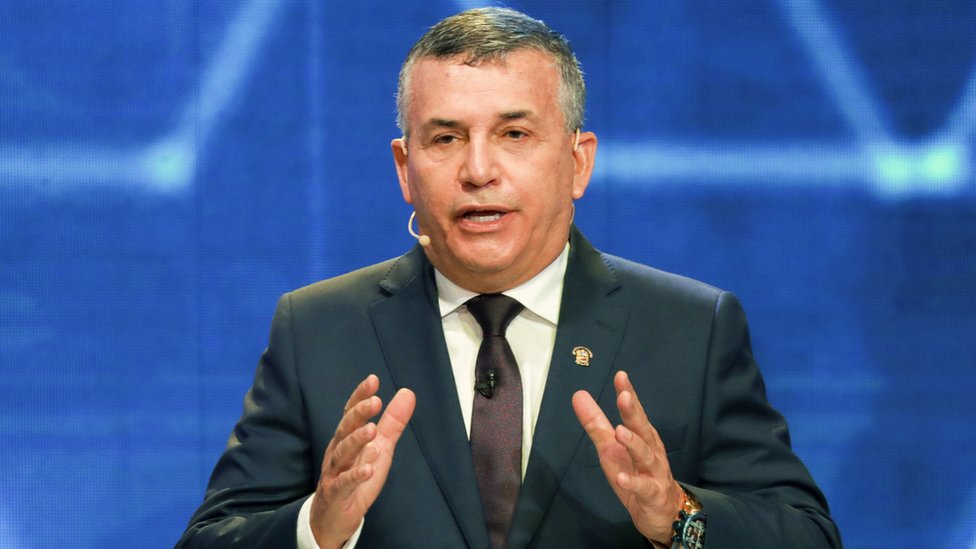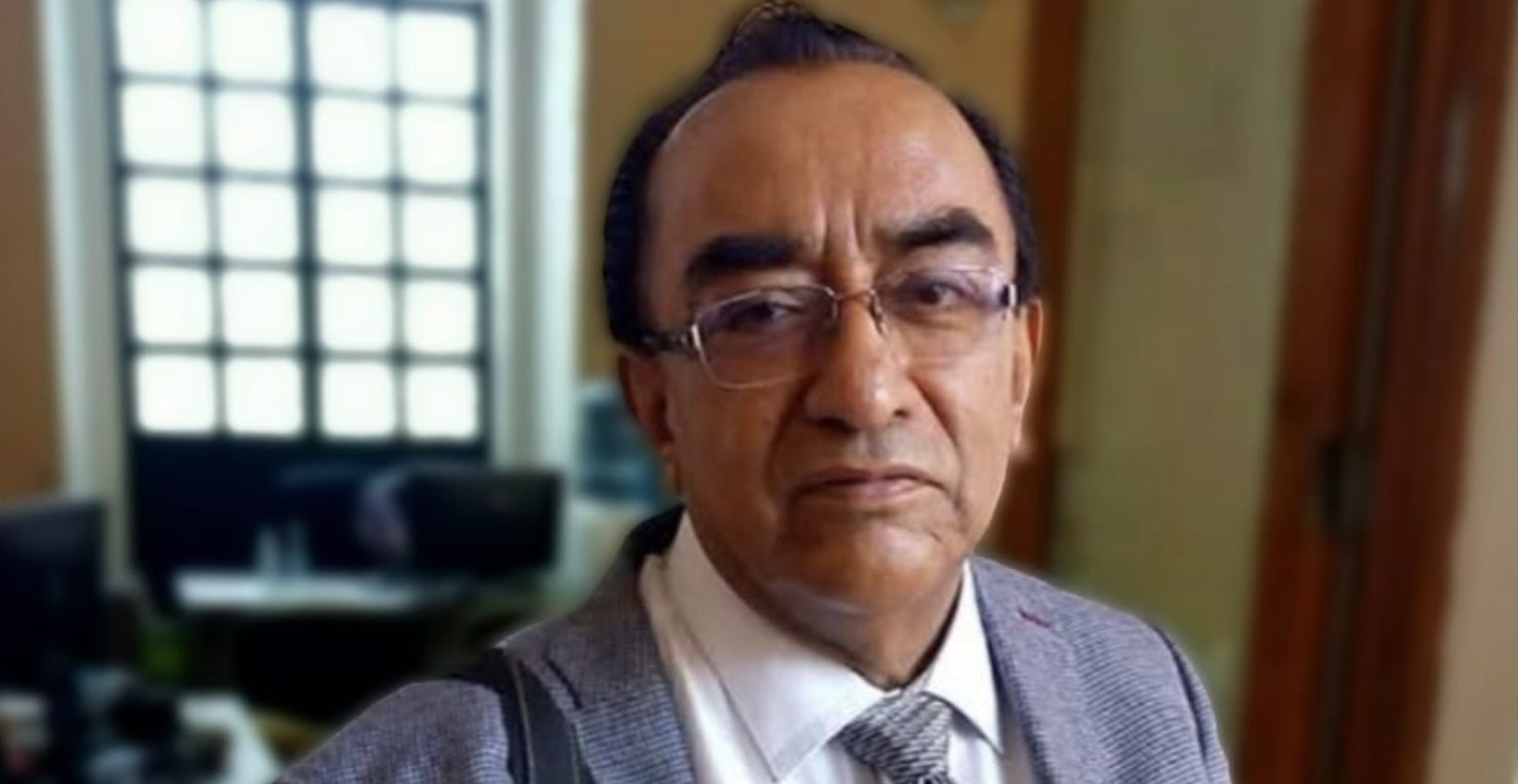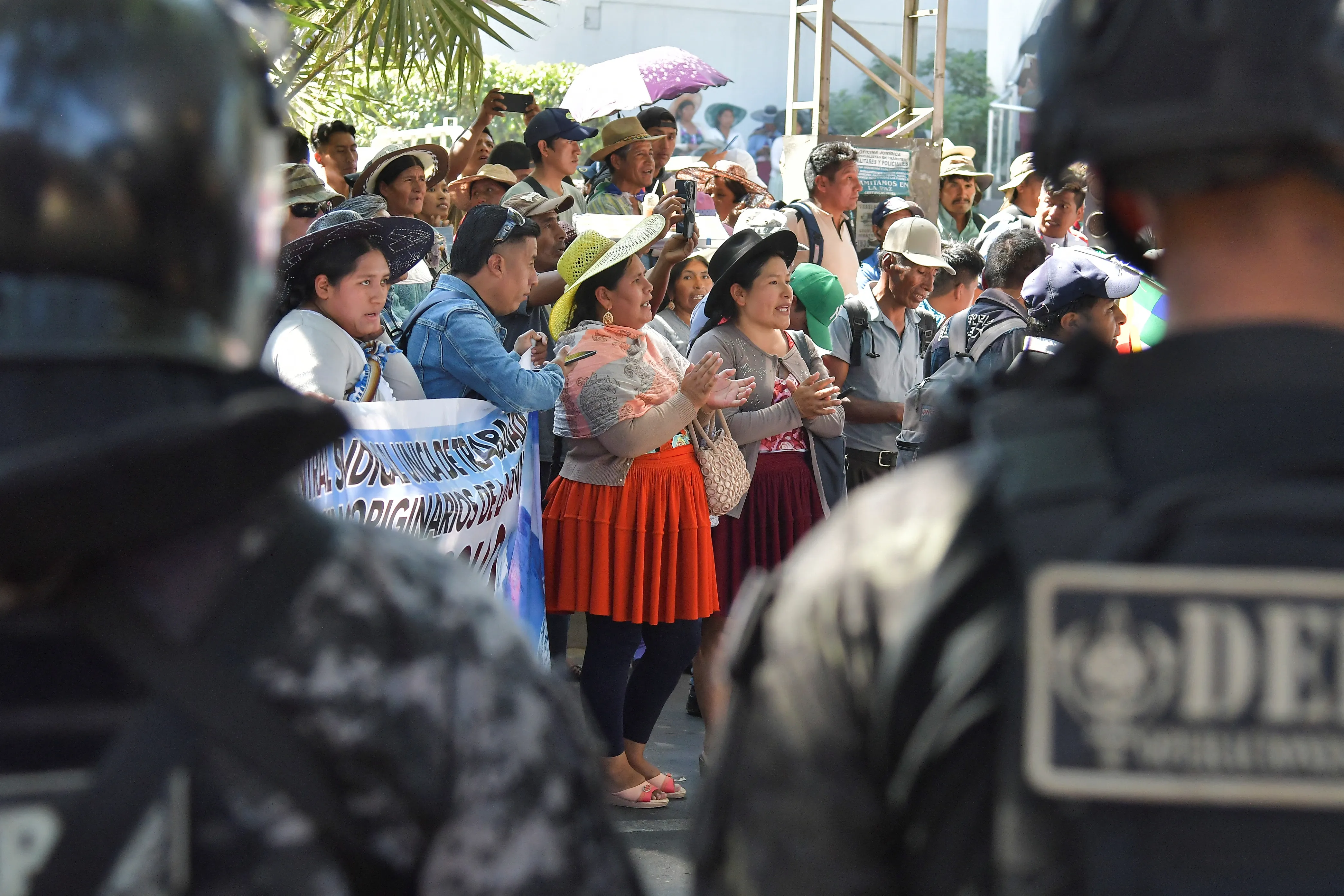
Italian Investigative Team Threatened with “Charlie Hebdo–Style” Attack
November 15, 2024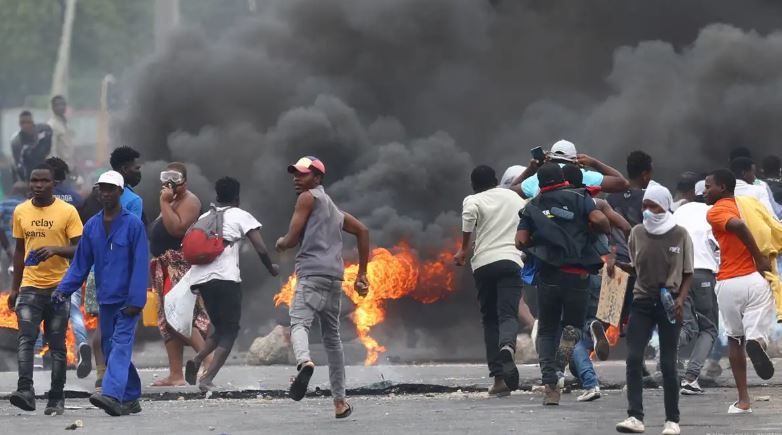
Mozambique’s Journalists: Caught in the Crossfire of Post‑Election Chaos
November 15, 2024November 15, 2024 – Guatemala –
José Rubén Zamora, the 68‑year‑old founder of El Periódico, remains at the epicenter of a highly politicized legal battle that offers a stark example of the shrinking space for investigative journalism in Guatemala. Arrested on 29 July 2022 on money‑laundering charges—amounting to about $38,000—Zamora and his publication had gained recognition for exposing government corruption. He has denied all accusations, maintaining the funds were donated to support his newsroom’s work.
In June 2023, Zamora was convicted and sentenced to six years in prison, sparking international condemnation. Human rights groups like Amnesty International decried the charges as politically motivated. In October 2024, after spending more than 800 days in jail, a judge granted him house arrest, citing excessive pre‑trial detention. His release was heralded as a hopeful sign for rule‑of‑law advocates.
Yet the reprieve was short-lived. In November 2024, an appeals court reversed the house arrest and ordered Zamora back to jail, accepting prosecutors’ arguments that procedural errors didn’t justify freedom. Subsequently, on March 10, 2025, another judge reaffirmed his return to Mariscal Zavala prison, dismissing concerns that Zamora was a flight risk and branding the ruling “arbitrary.” President Bernardo Arévalo criticized the decision, calling it an example of a corrupted judicial system.
Throughout the process, Zamora remained defiant. He told CPJ, “I will always keep fighting,” insisting his convictions were for pursuing truth and corruption probes, not for wrongdoing. His son described the reversal as “insanity” and warned that the country’s justice system was under trial.
Zamora’s case has had profound ripple effects: El Periódico shuttered in May 2023, and several journalists fled into exile. Journalistic organizations and diplomatic bodies—including the UN Working Group on Arbitrary Detention—have urged his unconditional release, citing serious human rights implications.
At its core, the Zamora saga reveals a deeper democratic crisis. His repeated detentions, reversing judicial decisions, and the closure of his newsroom serve as ominous indicators: Guatemala’s judiciary is being leveraged to weaken free speech and shield corruption. Unless overturned, these tactics will continue to undermine press freedom and transparency in a country desperately in need of both.
Reference –

